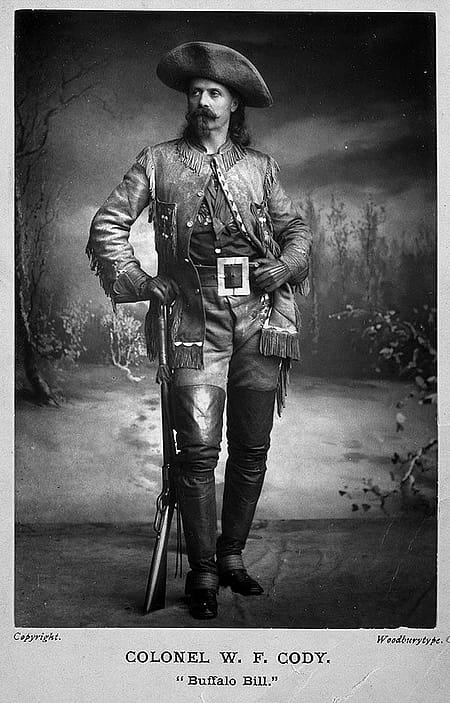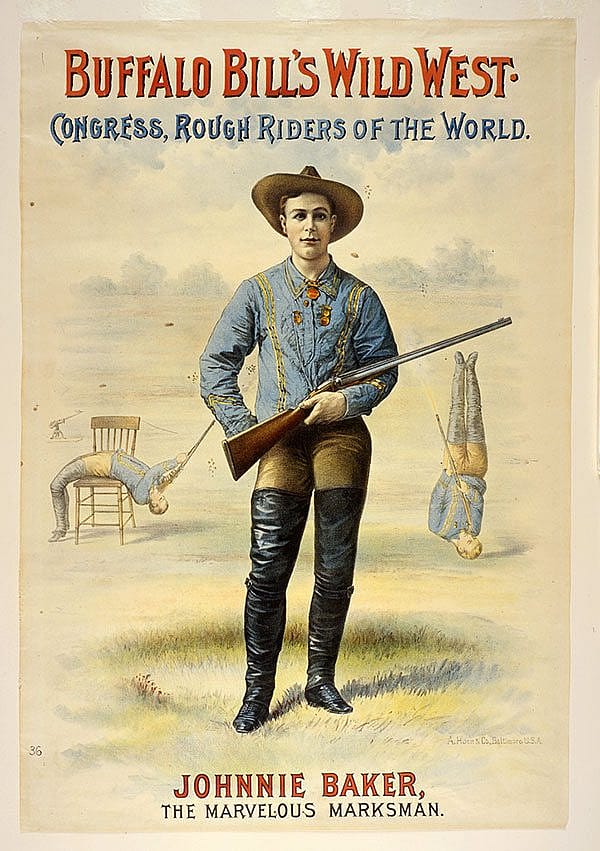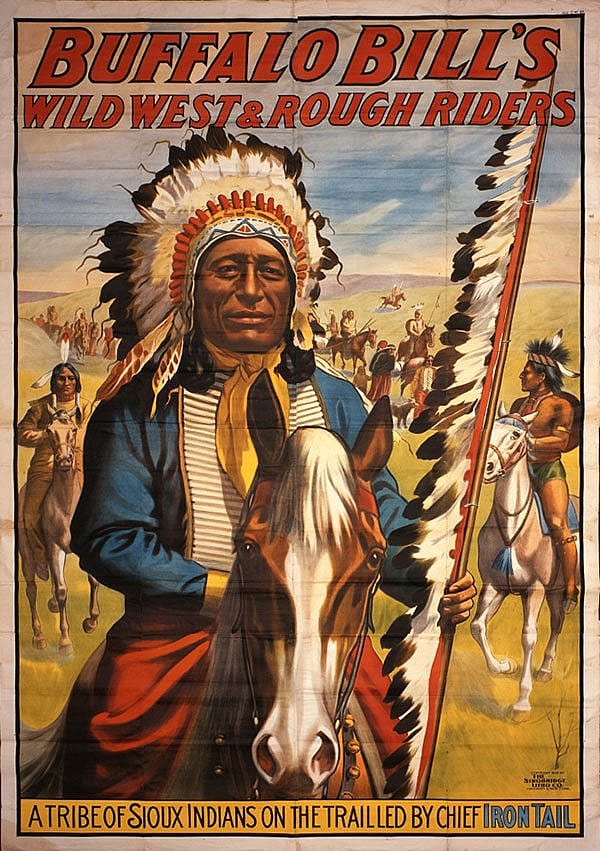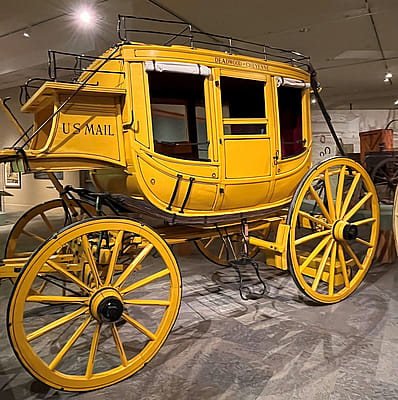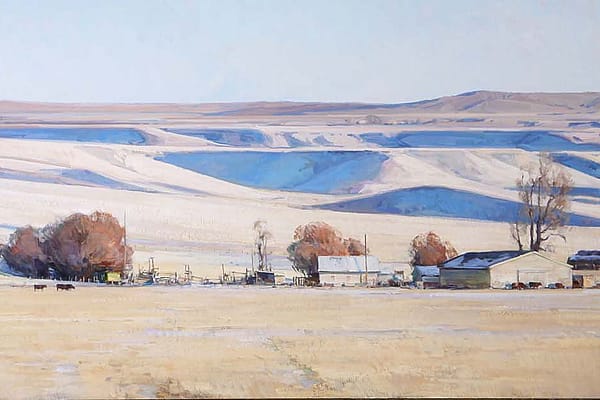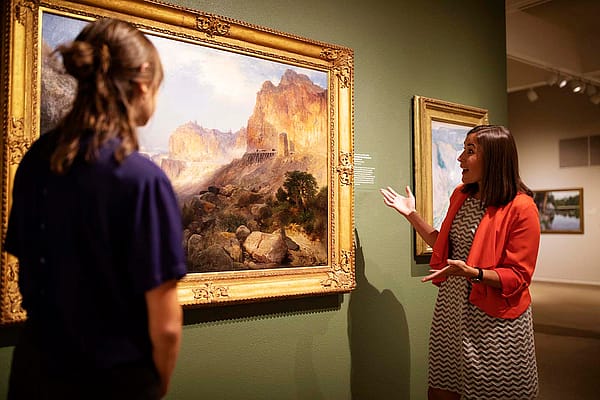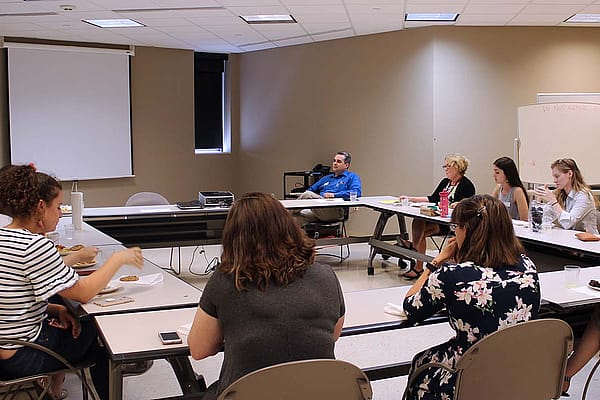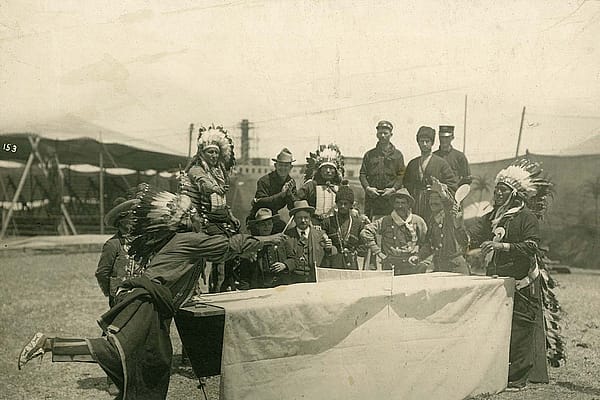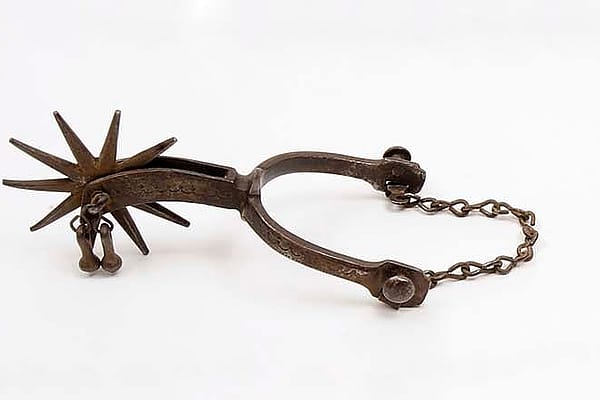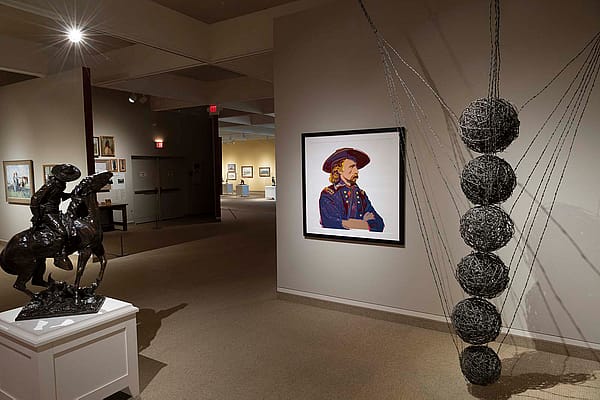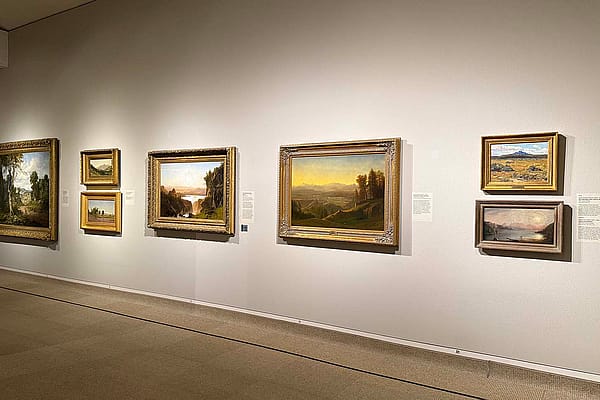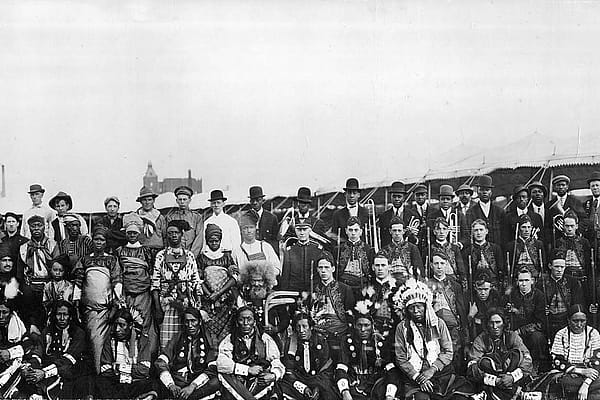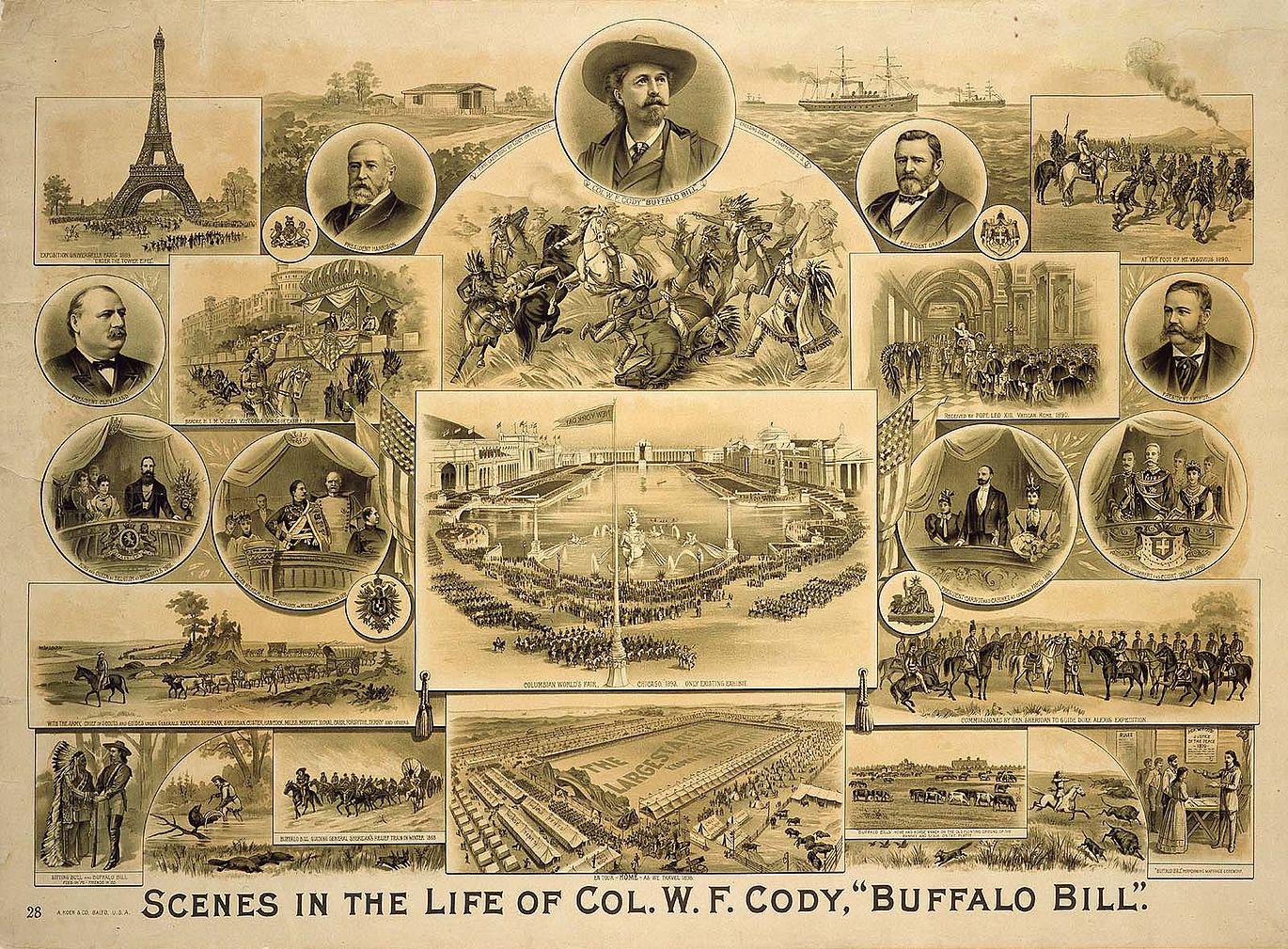
Papers staff delves deeper in the life of William F. Cody at Center of the West
At the Buffalo Bill Center of the West in Cody, Wyoming, the Papers of William F. Cody—an archive of the life and times of an iconic figure of the American West—provide audiences with the opportunity to be transported back in time to learn about a life on the frontier. Readers gain a richer understanding of the political, economic, and environmental factors that influenced the United States during Cody’s lifetime, and discover his lesser-known roles as community founder, businessman, investor, and rancher.
Linda Clark, Assistant Managing Editor, explained that people originally thought the Papers project would only continue for three or four years. “We’ve barely scratched the surface. This [project] could go on for twenty-five years and not be done.”
Recently, through studying the Papers—a collection including personal and business correspondence, published and unpublished writings, business records, memoirs, autobiographies, and much more—the staff has uncovered more information about the captivating life of Cody.
This group of researchers shared some of their greatest surprises they have encountered while working on this project. For instance, the Center recently acquired six letters from the unofficial son of Cody, Johnny Baker. Clark explained when the donors brought the letters to the Center, they said, “These belong here.”
“There’s always a new discovery,” Researcher Deb Adams noted.
Jeremy Johnson, Managing Editor, said his greatest surprise is “Cody’s tremendous ability to reach out to specific audiences.” Johnston explained Cody did not have a standard template for Buffalo Bill’s Wild West show that traveled from one community to another.
“Cody and his team had a really deep appreciation of the cultures where they performed, so he would alter the show.”
For example, when the Wild West arrived in Spain, Cody chose not to perform the reenactment of a bison hunt because the audience was accustomed to bull fighting.
Additionally, the Papers staff shared their insight into Cody’s many close friendships throughout his lifetime. Johnston revealed that Cody was friends with everyone from “the guys he rode with on the Plains, to wealthy aristocrats in New York City, to royalty in Great Britain.” One of Cody’s close friends was Iron Tail—Oglala Lakota Chief of the Great Sioux Nation and star performer in the Wild West.
The Papers staff described Cody as cosmopolitan, generous, and a traveler. Many past interviews with Cody reveal his progressive insights into Women’s Suffrage, and he even advocated for the protection of bison herds in Yellowstone National Park.
“[Cody] was adamant and absolutely dedicated to representing history as it was,” Clark mentioned. In fact, many of his performers actually participated in many historical events that were reenacted, such as the Battle of Little Big Horn.
In the future, Johnston explained, he hopes to add a dome-shaped immersion screen in the Buffalo Bill Museum at the Center, which would allow visitors to virtually experience the Wild West.
Finally, the staff wants the public to know that if they have any letters or writings relating to Cody, researchers would appreciate a scan of the document. Owners of the materials receive credit; however, the staff is typically unable to purchase or acquire these papers. Johnston explained the staff understands there is oftentimes a monetary value attached to these materials; however, for the Papers of William F. Cody, there is a more valuable historical component.
To learn more about the Papers of William F. Cody, please visit codyarchive.org.
Since 1917, the award-winning Buffalo Bill Center of the West in Cody, Wyoming, has devoted itself to sharing the story of the authentic American West. The Center is an affiliate of the Smithsonian Institution. For additional information, visit centerofthewest.org or the Center’s Facebook page.
Written By
Nancy McClure
Nancy now does Grants & Foundations Relations for the Center of the West's Development Department, but was formerly the Content Producer for the Center's Public Relations Department, where her work included writing and updating website content, publicizing events, copy editing, working with images, and producing the e-newsletter Western Wire. Her current job is seeking and applying for funding from government grants and private foundations. In her spare time, Nancy enjoys photography, reading, flower gardening, and playing the flute.
